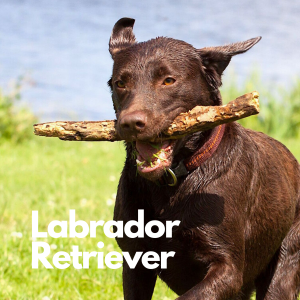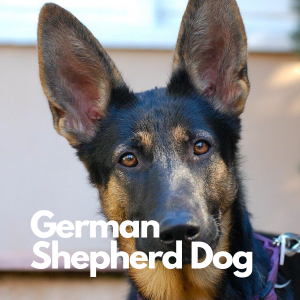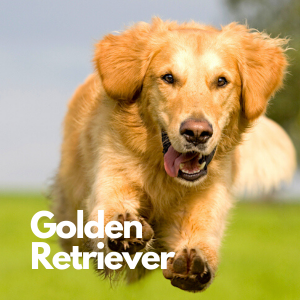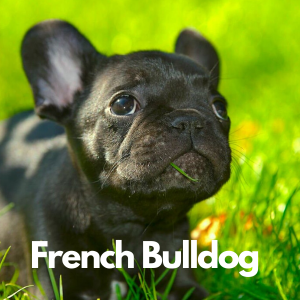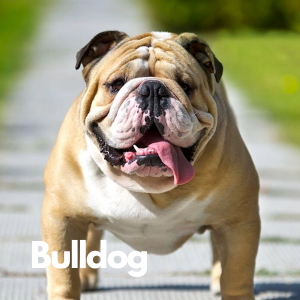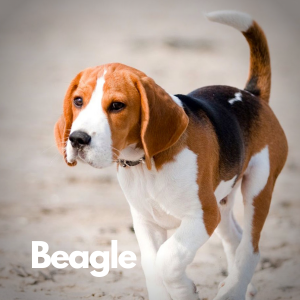

AKC Group
Non-Sporting (Standard and Miniature)
Toy (Toy Poodle)

Weight
45–70 lbs. (Standard)
15–17 lbs. (Miniature)
6–9 lbs. (Toy)

Height
15 in. (Standard)
10–15 in. (Miniature)
10 in. (Toy)

Life Span
12–15 years
Key Characteristics of Poodle Puppies
Key Characteristics
The poodle is one of the most intelligent dog breeds—and one of the most popular dogs, according to the American Kennel Club’s registration statistics.
- Size: The Standard Poodle is medium to large with a round skull and a long muzzle.
- Eyes: The eyes are oval-shaped, set far apart, and either brown or black.
- Ears: The long ears are flat, and the tail is carried high.
- Coat: The coat may be corded or curly and comes in many colors and combinations.
The Standard Poodle has distinctive physical traits such as its size and coat variations, which contribute to its unique appearance and popularity.
Where Poodle Puppies Came From
The Standard Poodle, considered the oldest variety of the breed, is believed to have originated in Germany.
- Historical Depictions: Paintings from as far back as the 15th century depict the breed, with some artifacts suggesting they existed as early as the 1st century.
- Name Origin: The name “poodle” comes from the German word “pudel,” describing water activity or one who plays in water.
- Function: The dog was used in water retrieval, so the coat was trimmed to help them swim. The trim involved shaving certain areas of the rear end but leaving leg hair to protect from sharp debris while hunting or patches of fur covering locations of vital organs susceptible to cold.
The Miniature and Toy Poodle varieties were bred down in size from the Standard Poodle. The American Kennel Club added the breed in 1887. The poodle is an affectionate companion pet who also participates in conformation, obedience, agility, tracking, rally, and field events.

How Friendly Are Poodle Puppies?
Extremely intelligent, poodles are among the most trainable dog breeds. They are active with a graceful appearance and movement.
- Training: Though less energetic than other dogs, poodles need firm, consistent training and regular exercise to curb unwanted behaviors. They are sensitive to voice tones and don’t respond well to harsh discipline.
- Social Needs: This friendly breed doesn’t like solitude, may suffer from separation anxiety, and should never be housed in kennels or forced to live outdoors.
Standard Poodles are great with children and get along with other dogs, but all varieties should be socialized and slowly introduced when meeting other animals.
Are Poodle Puppies the Right Dog for You?
Exercise Needs
HIGH: This active breed needs daily exercise.
- Standard Poodles: The larger Standard Poodle should get daily walks, and many love to frolic in the water. They possess great stamina and need more exercise than the Miniature and Toy Poodles.
- Miniature and Toy Poodles: Smaller poodles will still need daily walks for exercise and to release energy. Poodles are inactive indoors and can do well in apartments with regular outings.
Grooming Needs
MEDIUM: Poodles participating in conformation will require extensive grooming.
- Styles: The shaved rear with patches of fur is a popular style seen at dog shows (called the English Saddle or Continental Clip). Puppy clips or shorter cuts are popular for companion-type puppies or poodles.
- Allergies: The breed sheds little to no hair and is great for allergy sufferers. You do need to trim their coat.
- Maintenance: Check your poodle’s ears for wax buildup and mites. Also, remove hair growing inside the ear canal. The teeth, too, require regular brushing. The nails can become thick, so keep them trimmed.
Health Problems
HIGH: This intelligent and graceful beauty comes with several health concerns. While these issues may not affect every poodle, they are considered common in the breed:
- Eye problems (discharge, cataracts and PRA-progressive retinal atrophy)
- Allergies
- Skin conditions
- Hip dysplasia
- Ear infections
- Von Willebrand’s disease (blood doesn’t clot)
- Bloat
- Premature gray in brown coats
Where to Adopt Poodle Puppies
Poodles are popular, and all three size varieties end up in shelters and rescues.
Check these resources first or use Petful’s adoptable pet search to find a poodle that’s perfect for you. If you opt to contact breeders, please inspect their facilities first and stay alert for puppy mill warning signs.
Frequently Asked Questions (FAQ)
How much are poodle puppies?
Poodle puppies can cost anywhere from $500 to $2,000, depending on the breeder, location, and pedigree.
How many puppies can a toy poodle have?
A Toy Poodle can have an average litter size of 1 to 4 puppies.
How many puppies can a poodle have?
Standard Poodles can have a litter size ranging from 3 to 12 puppies.

